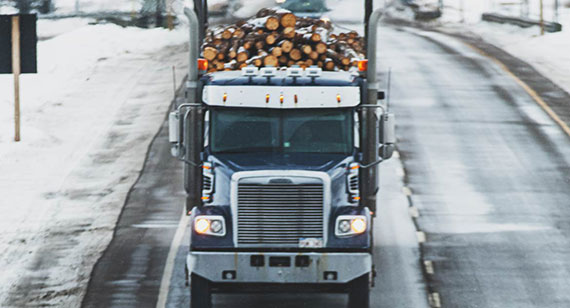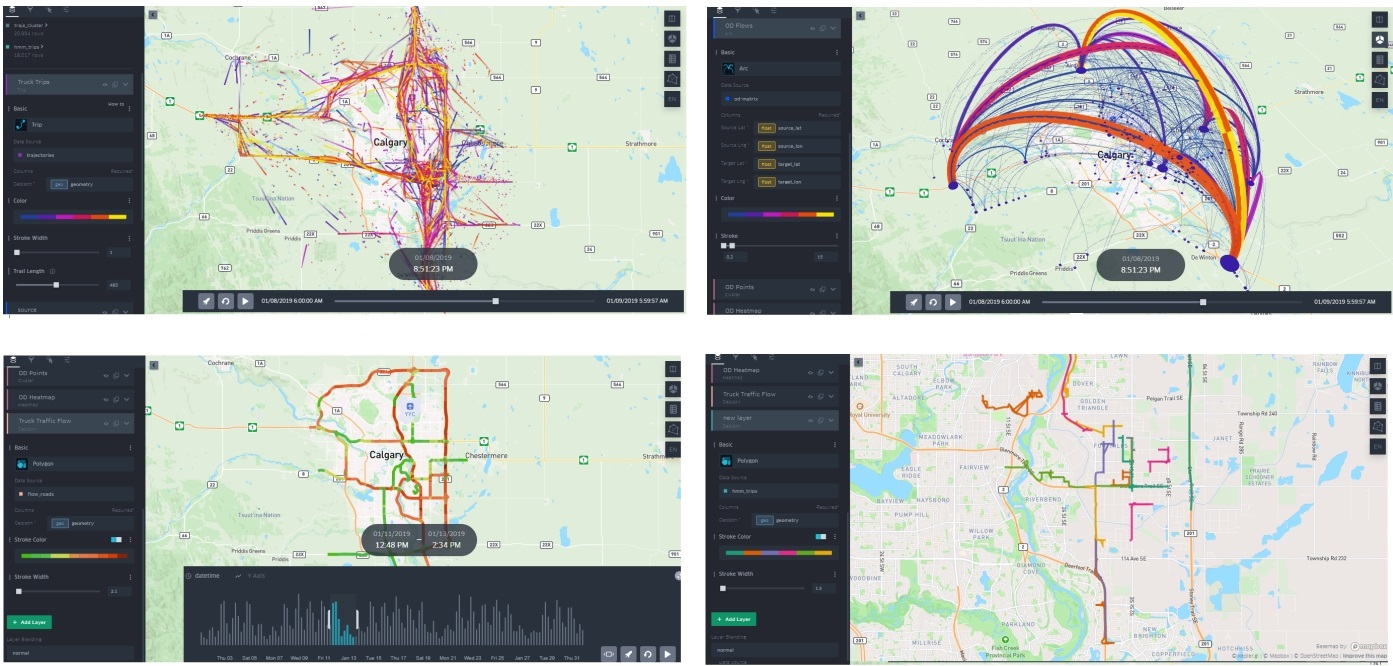Smart Route Recommendation
Smart Route Recommendation System Under Extreme Weather Condition
Vivid images in the media illustrate how climate change and severe weather patterns can wreak havoc on logistics. But this scene is about to change, with innovative artificial intelligence (AI) solutions for transporting goods more efficiently. Real-time fleet management insights, smart truck routing, optimized logistics networks and well-controlled hours will be shaping a new landscape for road warriors.
Without the benefit of big data solutions, product delivery is far less efficient than it could be. This can lead to delays and dangers for truck drivers—and commuters who share the roads. Each interruption can send transportation costs higher, create supply chain shortages and eventually take a bite out of consumer wallets. And idling trucks just add to greenhouse gas emissions.
Going full speed ahead to investigate possibilities for harnessing the power of AI for safer and more efficient trucking are seasoned AI scientists at the National Research Council of Canada (NRC) and the University of Calgary (U of C).

Trucking is getting safer and more efficient, thanks to collaborative research. The National Research Council of Canada (NRC), the University of Calgary, the City of Calgary and 2 of Canada’s largest transportation companies have worked together to develop new smart AI-driven tools for truck-route planning.
By anticipating traffic patterns, the new software gives planners the information they need to help them choose the most effective routes. This is particularly helpful in extreme weather conditions, such as blizzards and freezing rain, that can cause havoc on highways and city streets.
Using the software reduces the travelling distance and number of vehicles needed to deliver goods from depots to destinations. It also has a significant beneficial impact on finances and the environment. For example, each minute of travel time saved in a transport truck can be worth hundreds of dollars. In addition, less time spent driving or idling in traffic congestion can lead to reductions in CO2 emissions.
In the project carried out with the City of Calgary, the AI tool used deep learning models to improve traffic predictions in extreme weather. Tests showed it can improve travel time by 14% and speed by 13%, and reduce CO2 emissions by 4%.
